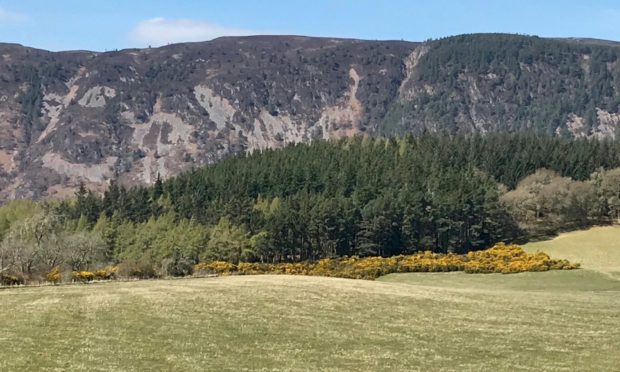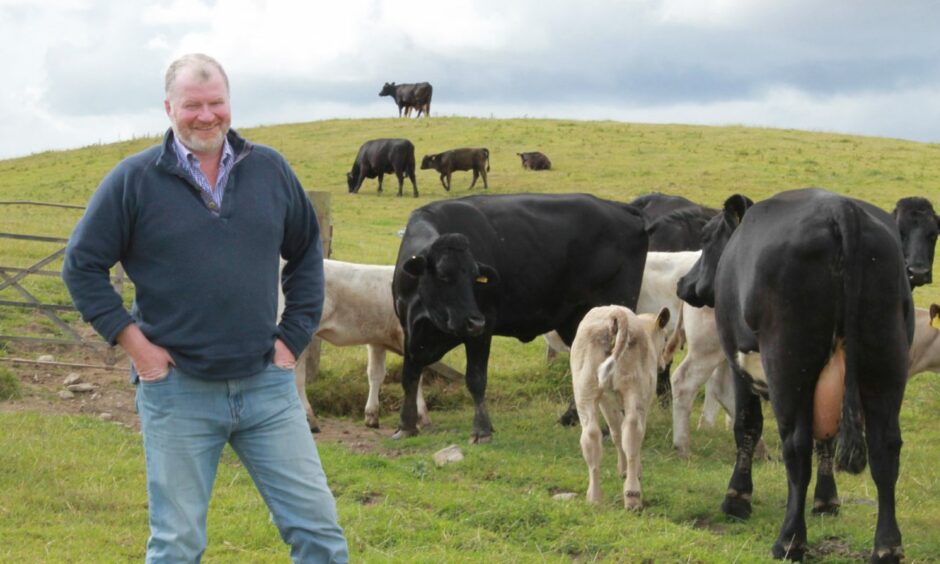Farmers and landowners have been advised to “act with caution” when considering selling carbon credits.
As large companies search for ways of offsetting their carbon footprint, landowners are being offered a set amount for each carbon unit (tonne of sequestered carbon) achieved through measures such as planting trees or restoring peatland.
However, while the opportunities may suit many farmers who want to pursue environmental measures, Andrew Thin, the chair of the Scottish Land Commission, says a number of concerns have been raised about the pressures farmers and crofters are facing.
He said: “This is a fledgling market and there is a risk decisions are being made without full awareness of the implications for individual land managers.
“I would encourage landowners and land managers to exercise caution when considering transferring carbon rights or options until there is greater clarity over issues such as ownership of the rights and the need to retain them in offsetting their own business emissions in the future.”
Doug Bell, Managing Director of the Scottish Tenant Farmers Association (STFA) echoed the need for caution.
“As ever, when a new and fast developing market emerges, there are individuals and organisations looking to capitalise on the situation,” he said.
“The trading of carbon credits or rights is in its infancy with a limited legal framework to protect farmers. Additionally, as new policy is developed to address climate change, the flexibility for a farm business to use its own carbon rights may ultimately outweigh any potential financial gain from signing away rights at this stage”.
Mr Thin said the Scottish Land Commission is currently carrying out work to understand the influence of natural capital in the land market to advice the Scottish Government on the risks, opportunities and appropriate steps to ensure the market works in the public interest.


